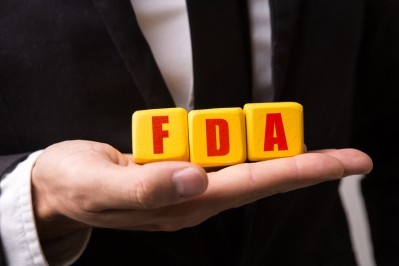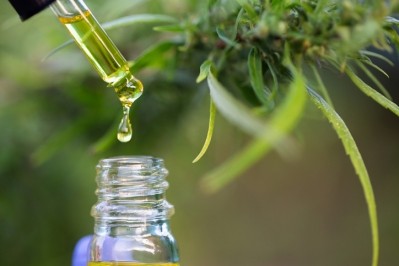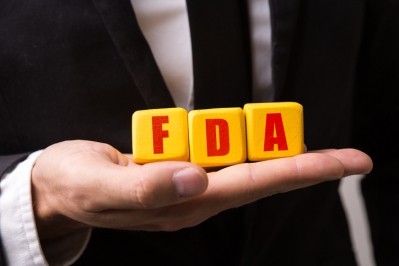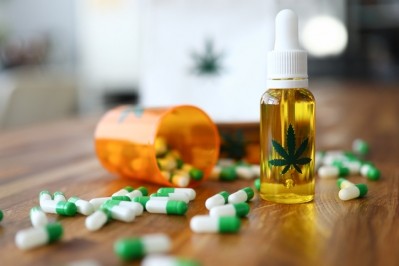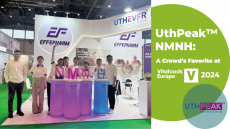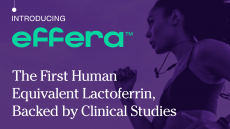Bar association panel takes FDA to task over NDI enforcement
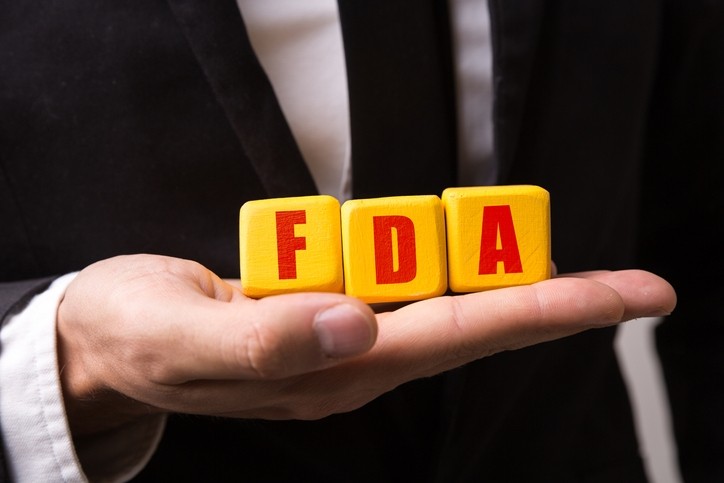
The panel was part of a New York Bar Association online event that took place on Friday. The presentation was hosted by attorney Marc Ullman, of counsel with the firm Rivkin Radler. Also participating were Mark LeDoux, CEO of contract manufacturer Natural Alternatives International (and an attorney himself), and lawyer Kevin Bell, of Arnall Golden Gregory.
The goal of the panel was to elucidate the current state of affairs regarding the New Dietary Ingredient provision of the Dietary Supplement Health and Education Act (DSHEA). According to that law, the developers of ingredients that have come to market since DSHEA became law on Oct. 15, 1994 must present a dossier to the US Food and Drug Administration that proves the ingredient can reasonably be expected to be safe. Grandfathered ingredients, the so-called Old Dietary Ingredients (ODIs), carry with them a presumption of safety.
Carnosyn case study shows problems with NDI process
The panel used the example of NAI’s proprietary beta alanine ingredient, branded as Carnosyn, as a case study of how, in their view, the NDI provision has gone off the rails.
FDA first issued a draft guidance as to how the NDI process should work more than a decade ago. Industry stakeholders had many questions and reservations about that document. The pushback, which featured prominent members of Congress weighing in, was strident enough that FDA withdrew the guidance and reissued it in revised form several years later.
The updated draft has not satisfied all of the critics. But there has been little progress since then, as other issues, such as the global pandemic and the explosion of the CBD market, have hogged the spotlight.
How wide is the NDI safety umbrella?
A key question is whether the information contained within a successful NDIN, one in which FDA concurs with the conclusion of safety, applies only to that manufacturer’s ingredient or can be construed more broadly. In other words, does the NDIN that NAI filed for Carnosyn mean that just Carnosyn is safe, or that all beta alanine ingredients are?
Ullman said he has been involved in this debate almost from the beginning, when in 2011 he was representing Mitsubishi Gas Chemical and its PQQ ingredient, which has a successful NDIN on file. He was unable to induce FDA to take enforcement action against marketers of other PQQ ingredients that had not filed NDINs
“Back in May 2014 I wrote a review with the title ‘FDA is broken.’ If I did an update the headline would be ‘FDA is still broken,’” Ullman said.
Ullman said he had a similar experience representing a client that had brought an astaxanthin ingredient to market.
“One the market developed for their ingredient they were confronted with serious competition from companies marketing knockoff ingredients of uncertain provenance,” Ullman said.
In one case, Ullman said FDA had rejected NDIN because of questions raised in the toxicity studies. But FDA subsequently approved a GRAS notification on the same ingredient.
“It’s as if everything that happened on the NDI side never happened,” Ullman said. “There is a serious problem with siloing at FDA.”
Millions spent on Carnosyn development
LeDoux laid out the development history of his company’s Carnosyn ingredient as an example of the ongoing issues. He said NAI had funded much of the early research done in England and elsewhere on the ingredient’s ability to buffer lactic acid and improve performance by allowing athletes to push harder for longer. The ingredient has also shown benefits in ameliorating sarcopenia in older individuals. NAI subsequently licensed the patents on the ingredient.
LeDoux said between the preliminary research, the human clinical trials and putting together a dossier for a successful NDIN, NAI has spent millions of dollars on Carnosyn.
“We elected to submit a very substantial dossier. We did a very comprehensive analysis,” he said.
The pieces were all in place to recoup that investment by collecting Carnosyn royalties, all of which rested on the ingredient’s proven safety.
“Then we were mystified when we discovered there was quite a bit of material coming from other parts of the world, mostly from China. Some of that was made from recombinant strains of e coli,” LeDoux said.
“If you are using a bacterium taken from fecal matter somebody had better demonstrate that product is safe for human consumption. To the best of my knowledge no such submission has been made,” LeDoux said.
NAI has defended its patents in court, but LeDoux said it’s an uphill battle.
“60% to 70% of beta alanine imported into this country is not ours and much of it is made through the e coli process. The agency that’s tasked with securing the border against adulterated goods just seems to be absent without leave,” LeDoux said.
Bell said he has represented NAI on the issue in meetings with FDA and addressed a letter to the Agency on the subject. The result wasn't what the company was looking for.
FDA: No safety concerns seen
Cara Welch, PhD, then acting director of FDA’s Office of Dietary Supplement Programs, responded to NAI’s concerns in a letter dated April 28, 2021. In it she said that FDA questioned whether beta alanine had required the filing of an NDIN in the first place. In addition, she questioned whether the other beta alanine ingredients on the market truly represented a threat to public safety.
“While we acknowledge that differences in manufacturing could potentially change the safety and suitability of the ingredient for certain conditions of use, or even change the identity of the ingredient, FDA is not aware that such differences are at issue here,” Welch wrote.
“To the extent you have specific evidence of particular risks of safety or other evidence of adulteration, we welcome the opportunity to review such information. However, speculation about differences in the manufacturing process or about potential contaminants is generally not sufficient to support an enforcement action,” she added.
“In the end I had to ask, what are you getting out of all of these meetings? Is that the standard, that somebody has to die?” Bell asked.
Bell alleged that NAI had provided information to FDA about the nature of the other beta alanine ingredients on the market. He said that had been met with responses that either the information was insufficient or, in other cases, that NAI had buried the Agency under a mountain of paper.
“It’s really disheartening. We are trying to do the right thing under the laws we were given to work under. FDA has created a situation in which there is just no incentive,” he said.
